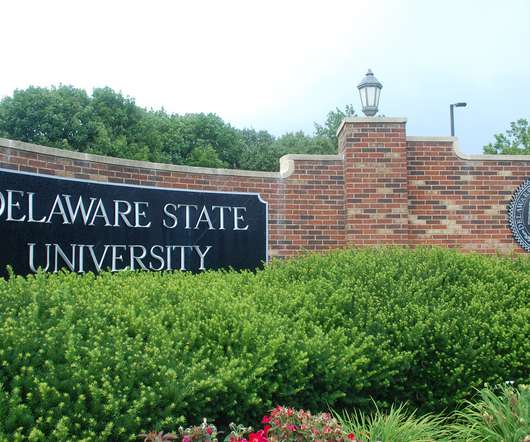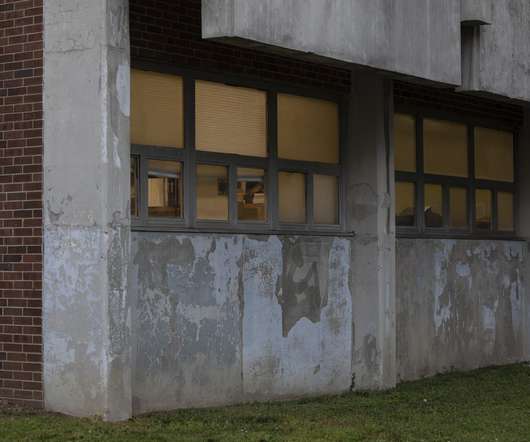U.S. K-12 Educational Technology Policy: Historical Notes on the Federal Role
Doug Levin
APRIL 21, 2016
Integrated Studies of Educational Technology: Implementing the Technology Literacy Challenge Fund – Educational Technology State Grants Program (Review Copy) (American Institutes for Research, 2002) **Note: Despite the fact that the report was conducted under the direction of the U.S. FY 2003 $700,500,000. The post U.S.































Let's personalize your content